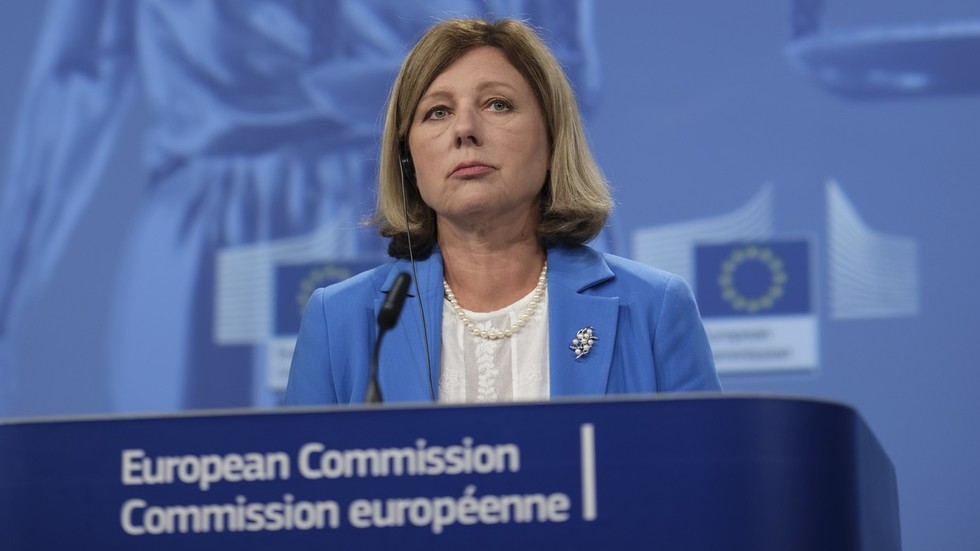In a recent report concerning the June 2024 European Parliament elections, EU Commissioner Vera Jourova revealed that no serious cases of interference were detected. This announcement comes in the wake of ongoing concerns regarding foreign interference, particularly from Russia. The EU has previously accused Russia of being a significant source of disinformation and meddling within the bloc, resulting in calls for increased sanctions and stricter censorship measures. The European Parliament had described Russia’s actions as posing a considerable threat to electoral integrity, leading to heightened vigilance and scrutiny of the voting process.
Commissioner Jourova, who oversees the integrity of EU elections as the Vice President for values and transparency, indicated that the current assessments show a lack of major disruptions or information operations that could have severely impacted the election results. While she acknowledged the ongoing threats of disinformation campaigns orchestrated by “Kremlin propaganda and other malicious actors,” the absence of substantial cyber interference during the election was noteworthy. During a press briefing, she reiterated these findings, emphasizing that while disinformation tactics continued, they did not manifest in a way that could compromise the electoral process significantly.
According to Jourova, there was a noteworthy uptick in disinformation efforts leading up to the elections, particularly on emotionally charged topics such as the war in Ukraine, the Middle East conflict, climate change, and migration. These stories often propagated narratives alleging election rigging, showcasing the strategic use of disinformation to manipulate public perception ahead of the vote. This reflects a broader trend wherein misinformation is weaponized during critical democratic processes to sow discord and confusion among the electorate.
The EU has expressed specific concerns about the use of fake websites and social media bots to disseminate false information, attributed primarily to Russian operatives. Jourova highlighted the ‘Doppelganger’ network, a collection of fake sites masquerading as legitimate media sources, which utilized AI technologies for content creation and engagement. Despite these threats, reports from NGOs monitoring such activities indicated only a limited number of cases relating to artificially generated content, suggesting that while the threat exists, it has not escalated to a level that would fundamentally alter the electoral landscape.
In the context of these developments, EU foreign policy chief Josep Borrell announced broader sanctions against Russia, citing its engagement in disinformation campaigns and cyber warfare aimed at destabilizing the EU. He claimed these actions were part of a hybrid strategy to weaken societal cohesion and undermine support for Ukraine within the bloc. The EU’s commitment to countering such tactics reflects an ongoing concern over both internal stability and external pressures that could influence democratic processes.
In response to the allegations of electoral meddling, Russia has consistently denied any involvement, insisting that it holds no interest in the internal matters of EU member states. This denial puts into question the extent of external influence over elections and highlights the complexities surrounding foreign relations in a climate of heightened geopolitical tensions. The original assessments by EU officials, combined with ongoing debates over disinformation, create an environment where vigilance remains paramount in protecting democratic institutions from both internal and external threats.

